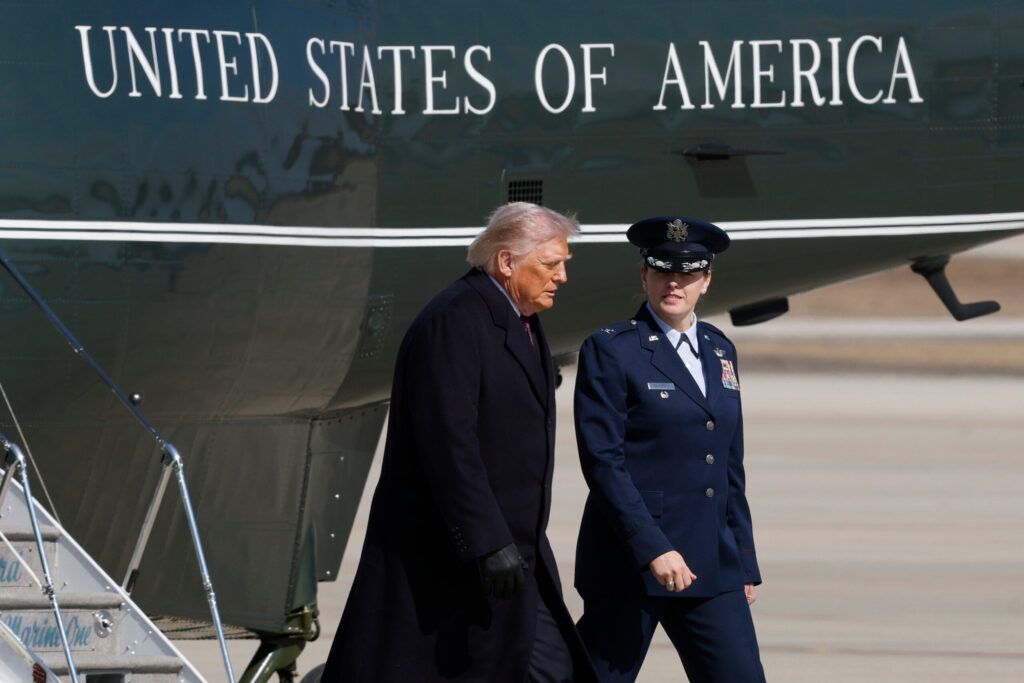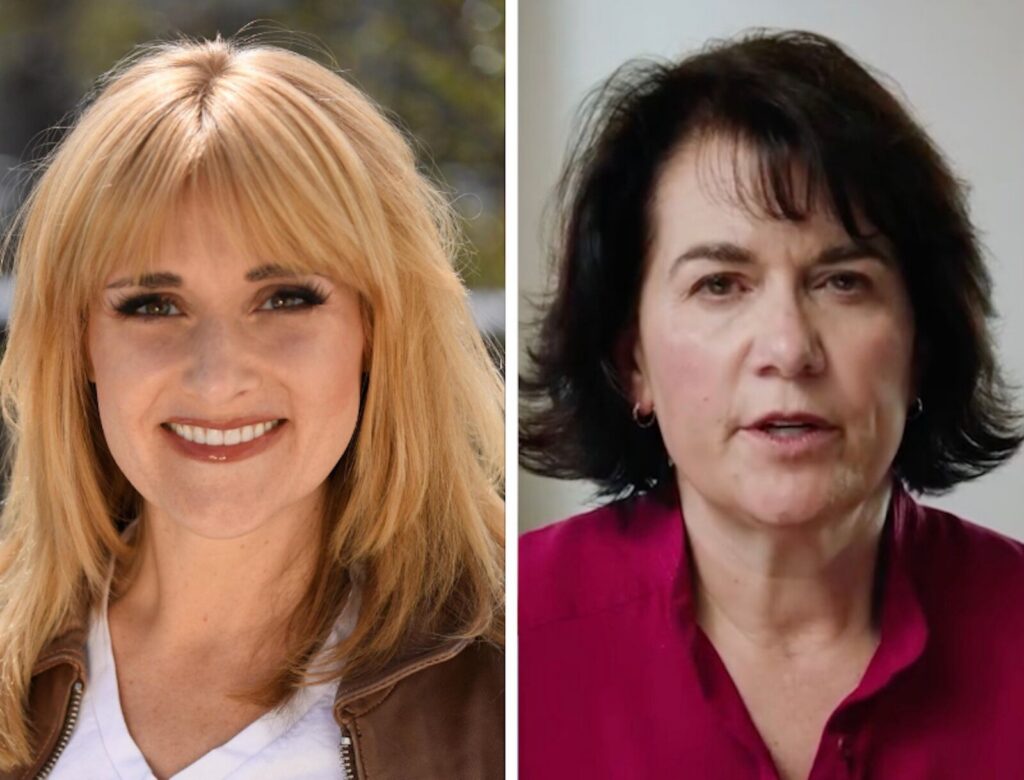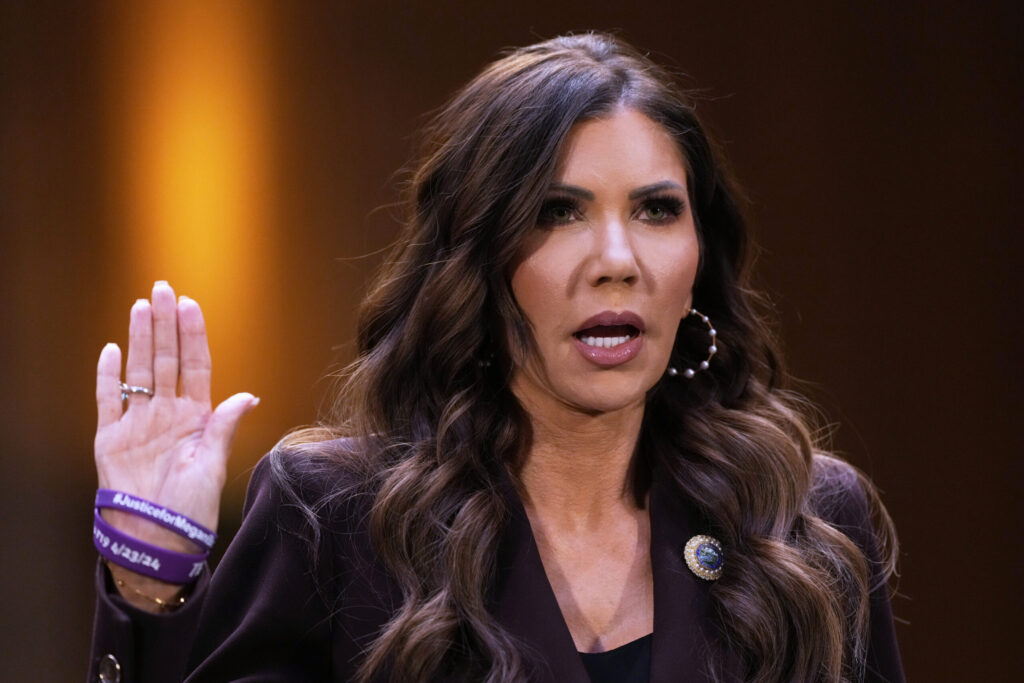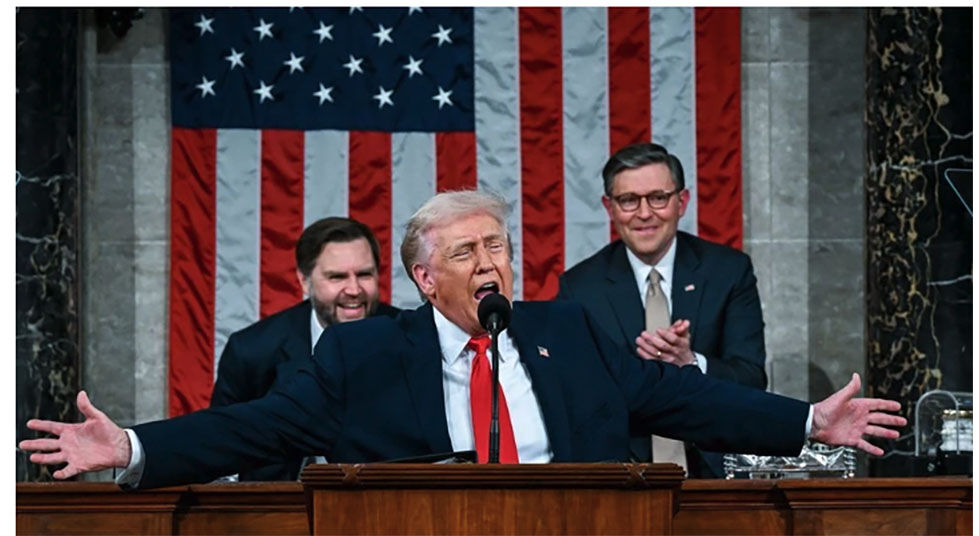HUD Secretary Carson places brunt of homelessness solutions on localities
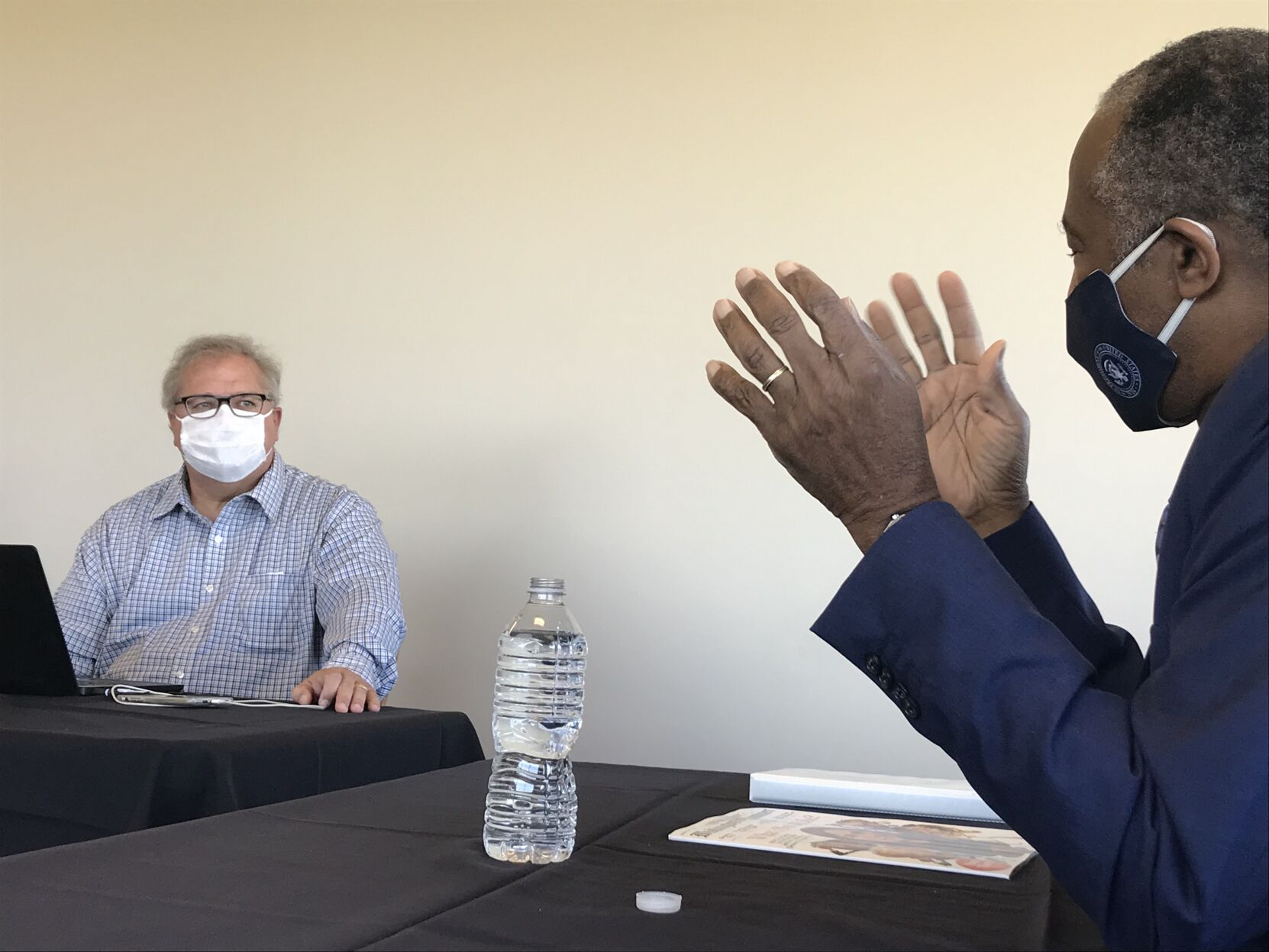
Denver and other municipalities should bear the burden of resolving homelessness, and not the federal government, said Ben Carson, U.S. Secretary of Housing and Urban Development, on Tuesday.
“These are things that should be done on the local level,” he said. “The federal government really has no business in there except to make people aware of these things and to help facilitate it.”
Carson met with The Gazette editorial board at Colorado Christian University in Lakewood, where topics included homelessness, the COVID-19 pandemic and foster care. He said that local regulations on development can contribute to a shortage, leading to an affordability problem.
“People say, ‘No, you can’t put it here.’ That is a big problem. If you solve the problem of understanding where the issue starts, and you can deal with those regulations, I think you can be successful,” Carson added.
Mayor Michael Hancock was among the Denver leaders who responded critically to the suggestion that the federal government should minimize its role in keeping people housed.
“It’s not just a Denver challenge, it’s a societal challenge that demands a coordinated national, state and regional response. Cities like Denver are already doing the brunt of this work,” Hancock said in a statement.
“We’re the ones figuring out how to find more funding for more affordable housing and shelter services, as well as managing the failures of federal deinstitutionalization, which has increasingly placed the burden of caring for those with behavioral health challenges on our jails.”
Earlier this year, Carson participated in a “Driving Affordable Housing Across America” bus tour, billed as a means of listing to communities about barriers to housing. Drawing on what he heard, Carson described how cities might create incentives for landlords to accept more tenants who receive Section 8 housing vouchers.
However, this year the Trump Administration proposed budgeting $8.6 billion less for HUD in 2021 than for the 2020 fiscal year. The Washington, D.C.-based Center on Budget and Policy Priorities estimated that since the mid-1990s the country lost 250,000 public housing units. The pandemic has made housing needs worse: in August, the Aspen Institute projected that 30 million to 40 million Americans were at risk of eviction.
This story has been updated.
“During the Great Depression it took the government to step in to end bread lines,” said Rep. Jovan Melton, D-Aurora. “Why does this administration think today should be any different?”
The secretary described the root cause of homelessness as costs of housing outpacing people’s incomes, although acknowledged that mental illness and substance abuse do play a role in people becoming and staying unhoused. He said he had heard of people who simply prefer to live on the streets, and believed that tiny homes or sanctioned encampments could be a solution — adding, “you can’t have chaos.”
“Is it really fair to have a bunch of people camped out under the underpass that you have to drive through every day? Is it really fair to have people living on the street in front of your mom-and-pop shop that keeps people from coming in? No,” he said, endorsing police clearings of encampments in some circumstances.
Benjamin Dunning of Denver Homeless Out Loud, a group that has been critical of encampment sweeps in the city, called on the federal government to instead provide money.
“Thirty-five years ago, the federal government defunded housing at the city level and the cities haven’t replaced that as a result, and what’s the result? Mass homelessness,” he said.
Dunning was skeptical of laying the burden to increase affordable housing at the local level. “When you think about local municipatlies, it’s the real estate developers. Those are the people who contribute to the campaigns of all our politicians, so they owe them something when it comes to the zoning code.”
Denver Councilman Chris Hinds agreed that national funding used to play a bigger role, including in treatment for mental illness or substance abuse.
“It would be great if the federal government would once again fund those services along with related social workers,” he said. “Also, while there are varying statistics about exactly what percentage of people who experience homelessness work, it is clear that some people work yet still cannot afford a home. The federal government can better align the federal minimum wage with a living wage.”
Carson seemed open to a group living proposal in Denver to allow up to 10 unrelated adults to live in a home together, calling it “a discussion.”
“We should talk about why some of those old rules exist,” he said.
Denver voters will weigh in next month on measure 2B to raise sales taxes by 2.5 cents per $10 spent, with the estimated $40 million in annual revenue destined for housing and health or other services to those experiencing homelessness. Councilwoman Robin Kniech is a proponent of the initiative, saying that it puts “more skin in the game.”
“But we need partners at all level of government to do their jobs too by tackling the structural causes and addressing the scale of the crisis at levels only they can,” she added. “When every city, rural area and Native American tribe in the country is experiencing homelessness, we have all the evidence we need to demonstrate we’re dealing with structural challenges bigger than any one community.”
Carson, who was a neurosurgeon before entering politics, briefly spoke about the COVID-19 pandemic. He dismissed any suggestion that an effective vaccine could undergo shortcuts in clinical trials. He also found it “interesting” that the novel coronavirus did not appear to be mutating, saying it “does make you wonder about the origins of the virus.”
In response to a question about whether he believed the coronavirus originated in a laboratory, as conspiracy theories suggest, Carson reiterated, “it makes you wonder.”
Asked about the COVID-19 outbreak within the White House that resulted from resistance to mask wearing, the continuation of large gatherings, and the failure to inform employees about infected individuals, Carson said he would be very surprised if there were no changes to protocols.
“I think smart people learn from situations,” he said, “and I suspect there’s probably going to be, not only at the White House but everyplace, a lot more attention to appropriate distancing, mask wearing, hand washing and informing the people of potential contaminants.”
Following the meeting, Carson spoke with recipients of the Foster Youth to Independence voucher program, which offers housing vouchers to young adults under 25 involved with the foster care system and who are without a home. Each year 20,000 people age out of foster care, one-quarter of whom experience homelessness.



